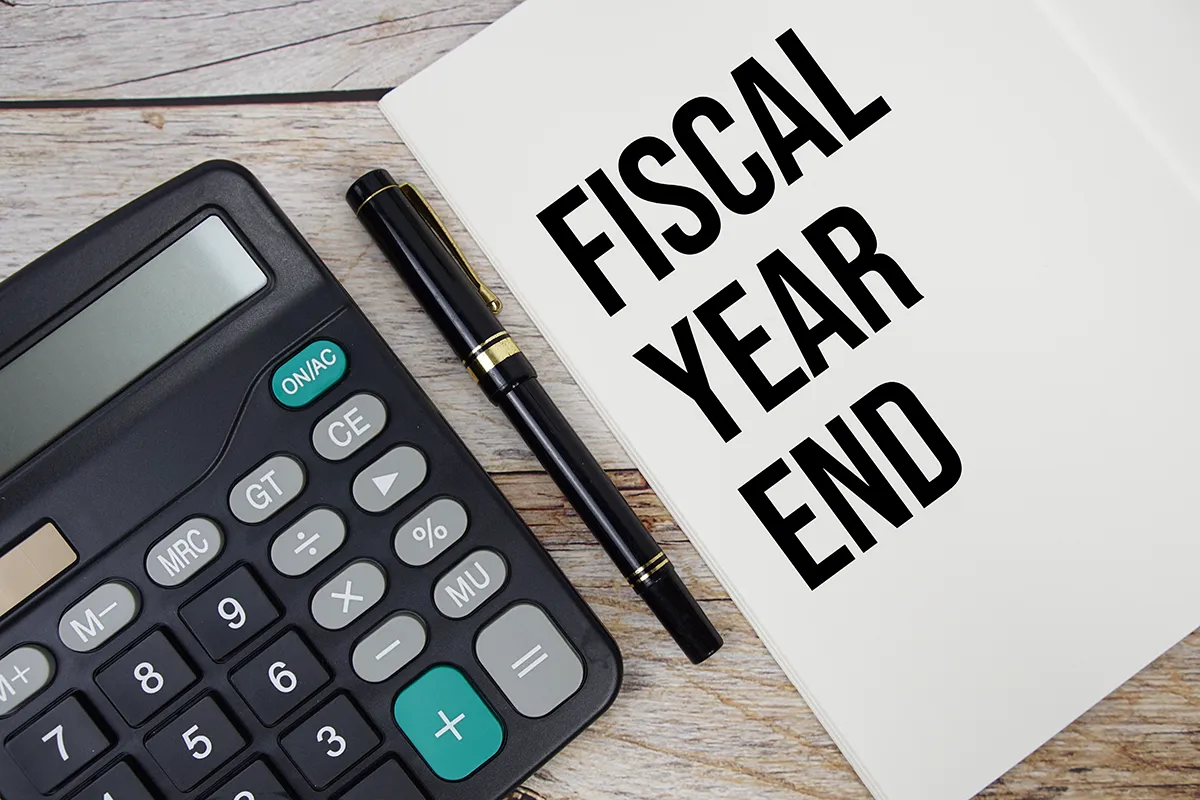The end of the year is fast approaching, with just over a month to go! For your business, this is the perfect time to start planning your goals for the coming year. But before you can set next year’s goals, it’s crucial to understand what happened with your finances this year. This includes verifying every number for accuracy and analyzing key expenses like supplies, marketing, and payroll. Gaining this insight will help you better organize your business and prepare for growth in the year ahead.
The most effective way to achieve this is by completing a Year-End Accounting Checklist. Whether you work with your in-house accountant or partner with an external accounting firm, this process ensures you have a clear financial picture. At Intentional Accounting, we’re here to help you finish the year strong and set the stage for success in the next. Contact us today!
Benefits of a Year-End Accounting Checklist
Understand Where Your Money is Going: Reviewing your accounting documents and financial statements provides a clearer understanding of your business’s profitability. By analyzing your expenses and revenue at the end of each year, you can identify which costs are necessary and which are not, enabling more effective cost control and improving your bottom line.
Improves Bookkeeping Accuracy: Reviewing your bookkeeping comprehensively at the end of the year helps you identify inaccuracies and manual errors that can be corrected promptly. This ensures your financial records are accurate and allows you to spot any fraudulent expenses, potentially saving money for the coming year.
Helps with Financial Reporting: Managing your finances is crucial to remaining profitable, and a year-end accounting checklist can help you start budgeting and planning for next year.
Maintains Compliance with Regulations: It’s always best to be safe, especially with the possibility that your business might get audited. So, having a year-end accounting review will help ensure that everything adheres to the GAAP or Generally Accepted Accounting Principles.
Our Year-End Accounting Checklist
1. Compile All Accounting Documents
Gather all the accounting and financial documents you can think of such as:
- Bank and credit card systems
- Inventory counts
- Tax return from the previous year
- Payroll reports
- Account information for loans
- Sales records
Grab any other documents your bookkeeper or accountant has managed in the past year as well.
2. Review Accounts Payable and Accounts Receivable
This looks at every transaction your company has made in the past year and confirms that every transaction is accurate.
3. Review Invoices
Check to see if you have any outstanding invoices from customers or clients so you can receive your owed payments by the end of the year.
4. Make Sure All Expenses Match Up
Compare your credit card and bank statements with the entries in your general ledger to identify any discrepancies.
5. Assess Inventory and Depreciation
See what inventory you have obtained or lost throughout the year and log it in your balance sheet as an asset. Also, calculate any depreciation your inventory has received throughout the year through wear and tear or other factors.
6. Review Payroll
Review your payroll records to make sure everything regarding employee taxes and paychecks is accurate.
7. Prepare Year-End Financial Documents
This final step of the year-end accounting checklist compiles all the necessary information into a few financial statements, such as the Profit and Loss Statement, that will help you file taxes each year and better understand how your business did for the year as well.
Have Intentional Accounting Fix and Organize Your Books!
Take control of your finances with the expert team at Intentional Accounting! We specialize in fixing and organizing your books, ensuring everything is accurate, up-to-date, and easy to understand. Whether you’re dealing with messy records, preparing for tax season, or just wanting a fresh start, we’ve got you covered. Let us handle the details so you can focus on growing your business with confidence. Trust Intentional Accounting to bring clarity and order to your financials today!











